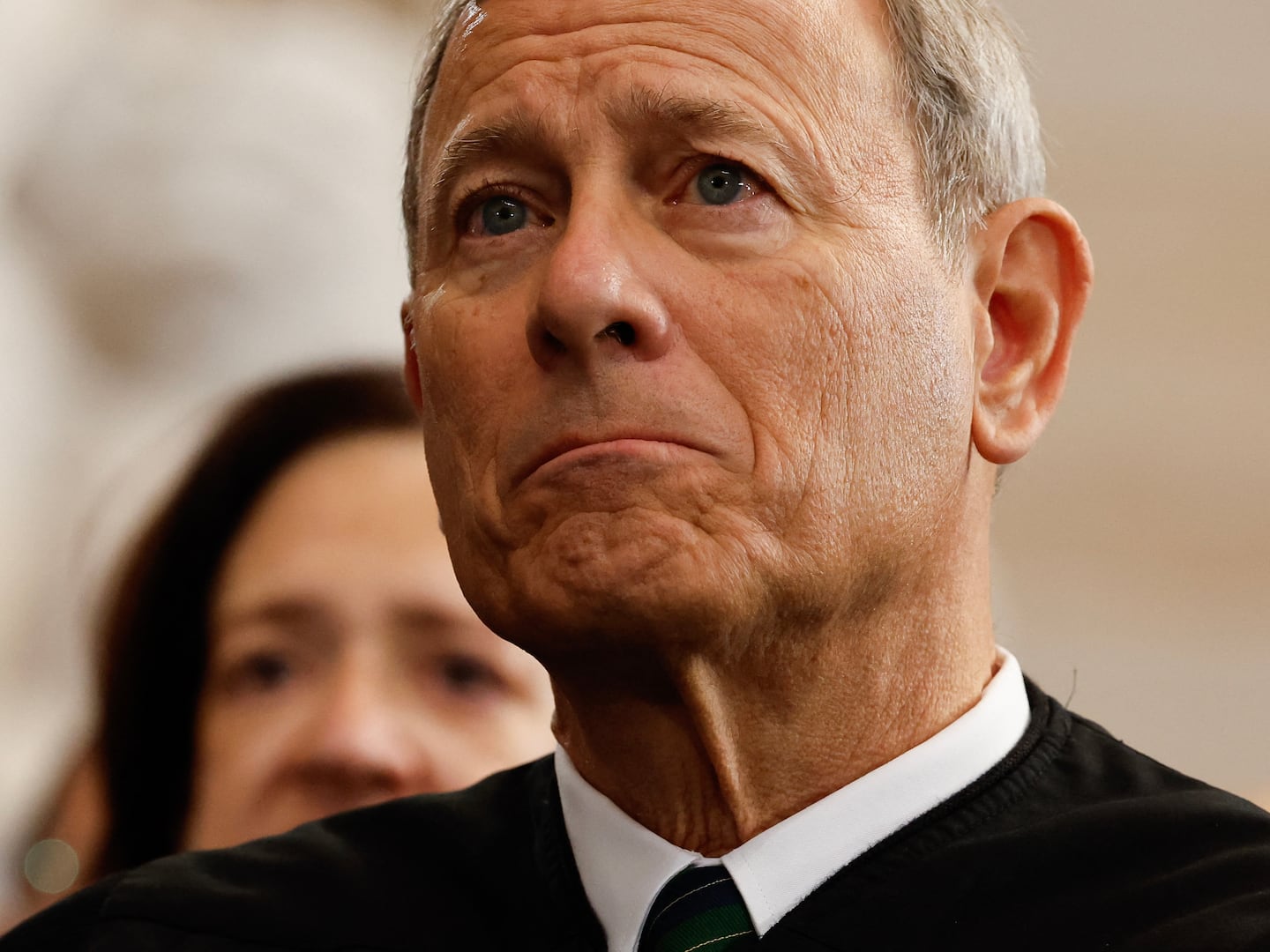Robin Williams was beloved by America, and yet he felt deeply alone. His apparent suicide was likely the culmination of a brutal daily battle with severe depression that he shared with millions.
On screen or on stage, he was the most vivacious, happy presence, but a debilitating mental illness like depression can eat away at your confidence from within. Gradually you can lose control of your thoughts.
If this cherished and celebrated star felt alone, imagine how isolated the average sufferer can become, locked in a struggle against depression with little support and only America’s broken health-care system to fall back on.
The rates of depression are climbing. The Centers for Disease Control (CDC) state that 1 in 20 Americans over the age of 11 reported current depression in 2005-2006. According to this data, adults age 40-59 are more likely to experience depression (7.3 percent), as are females (6.7 percent). In 2012, an estimated 16 million, approximately 7 percent, of U.S. adults 18 or older suffered from at least one major depressive episode in the past year. It wasn’t too long ago that the Department of Veterans Affairs released data suggesting that every day, 22 veterans take their own lives, a rate of one suicide every 65 minutes. The numbers are egregious all around, and one can’t help but think that each and every death may have been preventable.
Depression can manifest in a number of forms—a sad mood, loss of interest in previously pleasurable activities, fluctuation in weight, psychomotor agitation or retardation, fatigue, inappropriate guilt, difficulty with concentration, as well as repeated thoughts of death. It is important to recognize that depression is more than just one, or even a few, “bad days” with these symptoms. The American Psychiatric Association states that five or more of the above symptoms must be present for a continuous period of at least two weeks. For now, forget the clinical definition of depression, and let’s take a step back to examine the bigger picture.
Williams had prior struggles with substance abuse, cocaine and alcohol, but was relatively open about his challenges and sought rehabilitation multiple times. Maybe each of these instances was a cry for help, almost certainly they were symptoms of a much deeper malaise. This coincidence of depression and substance abuse is not uncommon. Though a causal arrow is far from obvious, depression is associated with other negative health behaviors and consequences, including smoking and alcohol consumption as well as physical inactivity and sleep abnormalities. Evidence has demonstrated that those who carry a diagnosis of depression are four times as likely to develop a heart attack than those without a history of the illness. Though I doubt the two diseases are truly causative, the importance lies in the story behind the total health experience of a patient suffering from depression, including destructive lifestyle behaviors and neglect of physical well-being.
There are two major forms of depressive disorders—major depression, the type of depression described above, and persistent depressive disorder, which is a depressed mood that lasts for more than two years. Within these forms, the severity of depression can vary over time.
As our understanding of the personal and social toll of depression has evolved, so has our ability to treat it. Treatment for depression is highly individualized and tracks with severity of the disease. For mild to moderate depression, psychotherapy, which involves some form of structured conversation with a trained counselor, psychologist, or psychiatrist, and antidepressants have been shown to be effective.
The arsenal of drugs to treat depression has grown to include selective serotonin reuptake inhibitors (SSRIs), serotonin-norepinephrine reuptake inhibitors, serotonin modulators, tricyclic antidepressants, and monoamine oxidase inhibitors (MAOIs). The common theme amongst these drugs is they all aim to restore or modify the balance of critical signaling molecules in the brain, called neurotransmitters. SSRIs are the most widely prescribed class of antidepressants.
One option for unresolved depression is electroconvulsive therapy (ECT). Though ECT conjures frightening images of One Flew Over the Cuckoo’s Nest, this procedure, in which electric currents are passed through the brain, is definitively more sophisticated today and can be of great use to patients with medically-refractory depression. Though still under investigation, other drugs and treatments like deep brain stimulation and targeted radiation therapy, hold promise for patients with depression that does not respond to traditional treatment.
Patients often describe depression as truly painful and disabling, and I have seen it. Even with all the fancy brain scanners and monitoring devices we have today, we are still left without a tool to help understand or measure the pain felt by a person. One of the most complicated disease processes to date, mental health remains a black box that science and society is only now beginning to expose. As we move toward unraveling the mystery that is a brain and emotional health, we must remain vigilant in our compassion and never presume to know the depth of internal battles being waged in the minds of others.







